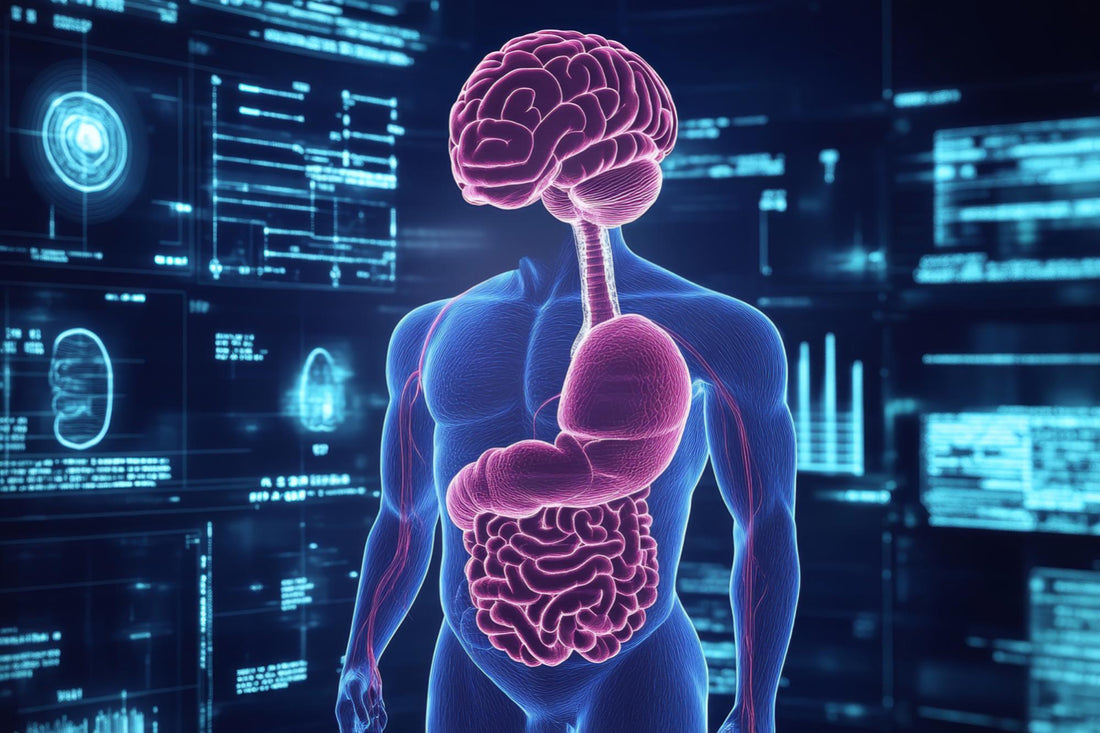
The Gut-Brain Connection: Nurturing Your Mental Health from Within
The human gut, often referred to as our "second brain," plays a more significant role in our overall health than we may realize. Recent research has unveiled a fascinating connection between gut health and mental well-being. Understanding this relationship can empower us to take proactive steps to improve both our physical and mental health.
The gut is home to trillions of microorganisms, collectively known as the gut microbiome. These bacteria communicate with the brain through the vagus nerve, a key player in the gut-brain axis. Studies have shown that imbalances in the gut microbiome can contribute to various mental health conditions, including anxiety, depression, and even cognitive decline.
One of the primary ways the gut microbiome influences mental health is through its impact on neurotransmitter production. Neurotransmitters, such as serotonin and dopamine, play crucial roles in regulating mood, emotions, and cognitive function. The gut microbiome can influence the production of these neurotransmitters, potentially affecting our mental state.
To support gut health and, in turn, mental well-being, consider the following strategies:
- Diet: Consume a diet rich in fiber, prebiotics, and probiotics. Fiber-rich foods like fruits, vegetables, and whole grains feed beneficial gut bacteria. Prebiotics, found in foods like onions, garlic, and asparagus, promote the growth of healthy bacteria. Probiotics, present in fermented foods like yogurt, kefir, and sauerkraut, can directly introduce beneficial bacteria into the gut.
- Limit processed foods: Processed foods often contain unhealthy additives and preservatives that can disrupt the gut microbiome. Opt for whole, unprocessed foods whenever possible.
- Manage stress: Chronic stress can negatively impact gut health. Incorporate stress-reduction techniques like meditation, deep breathing, or yoga into your daily routine.
- Consider supplements: While a balanced diet can provide most of the nutrients needed for gut health, supplements may be beneficial in certain cases. Probiotic supplements can introduce specific strains of beneficial bacteria into the gut. Prebiotic supplements can nourish existing gut bacteria and promote their growth. Some popular probiotic and prebiotic strains include Lactobacillus acidophilus, Bifidobacterium bifidum, and inulin.
Ready to prioritize your gut health and mental well-being? Take the first step today by incorporating these strategies into your daily routine. If you're struggling with mental health issues, consult with a healthcare professional for personalized guidance.


